Automotive markets have added pressure on semiconductor/systems design through demand for ISO26262 compliance – this we all know. But they have also changed the mix of important design types. Once class of design that has become very significant in ADAS, and ultimately autonomous applications, is image signal processing (ISP).… Read More
Author: Bernard Murphy
The Practice of Low Power Design
For any given design objective, there is what we in the design automation biz preach that design teams should do, and then there’s what designs teams actually do. For some domains, the gap between these two may be larger than others, but we more or less assume that methodologies which have been around for years and are considered to… Read More
The DIY Syndrome
When facing a new design objective, we check off all the established tools and flows we know we are going to need. For everything else, we default to an expectation that we will paper over the gaps with scripting, documentation and spreadsheets. And why not? When we don’t know what we will have to deal with, in documentation, scheduling,… Read More
Webinar: High-Capacity Power Signoff Using Big Data
Want to know how NVIDIA signs off on power integrity and reliability on mega-chips? Read on.
PPA over-design has repercussions in increased product cost and potential missed schedules with no guarantee of product success. Advanced SoCs pack more functionality and performance resulting in higher power density, but traditional… Read More
Webinars: Bumper Pack of AMS Webinars from ANSYS
Power integrity and reliability are just as important for AMS designs as they are for digital designs. Ansys is offering a series of five webinars on this topic, under a heading they call ANSYS in ACTION, a bi-weekly demo series from ANSYS in which an application engineer shows you how simulation can address common applications.… Read More
Design Data Intelligence
We have an urge to categorize companies, and when our limited perspective is of a company that helps with design, we categorize it as an EDA company. That was my view of Magillem, but I have commented before that my view is changing. I’m now more inclined to see them more as the design equivalent of a business intelligence organization… Read More
ARM Security Update for the IoT
Despite all the enthusiastic discussion about security in the IoT and a healthy market in providers of solutions for the same, it is difficult to believe that we are doing more than falling further behind an accelerating problem. Simon Segars echoed this in his keynote speech at ARM TechCon this year. The issue may not be so much in… Read More
Good Library Hygiene Takes More Than an Occasional Scrub
You don’t shower only before you have to go to an important meeting (teenagers excepted). Surgical teams go further, demanding a strict regimen of hygiene be followed before anyone is allowed into an operating room. Yet we tend to assume that libraries and physical IP (analog, memories, other physical blocks) are checked and pronounced… Read More
DSP-Based Neural Nets
You may be under the impression that anything to do with neural nets necessarily runs on a GPU. After all, NVIDIA dominates a lot of what we hear in this area, and rightly so. In neural net training, their solutions are well established. However, GPUs tend to consume a lot of power and are not necessarily optimal in inference performance… Read More
Webinar: Optimizing QoR for FPGA Design
You might wonder why, in FPGA design, you would go beyond simply using the design tools provided by the FPGA vendor (e.g. Xilinx, Intel/Altera and Microsemi). After all, they know their hardware platform better than anyone else, and they’re pretty good at design software too. But there’s one thing none of these providers want to… Read More



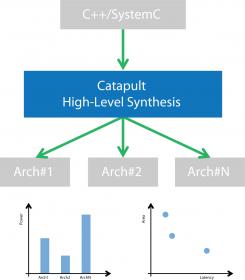
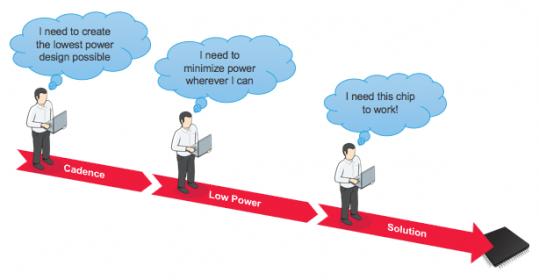
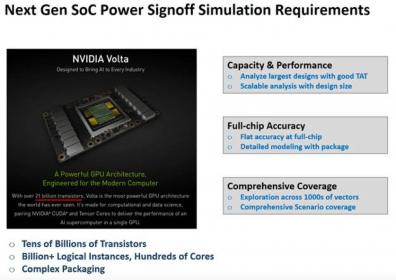
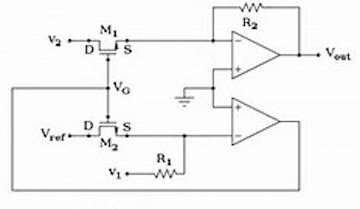
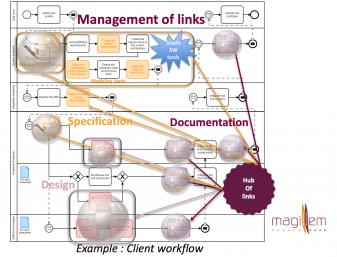


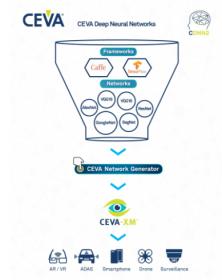
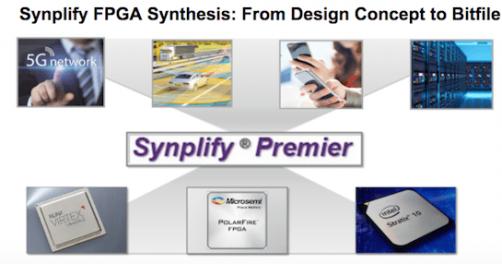








A Century of Miracles: From the FET’s Inception to the Horizons Ahead